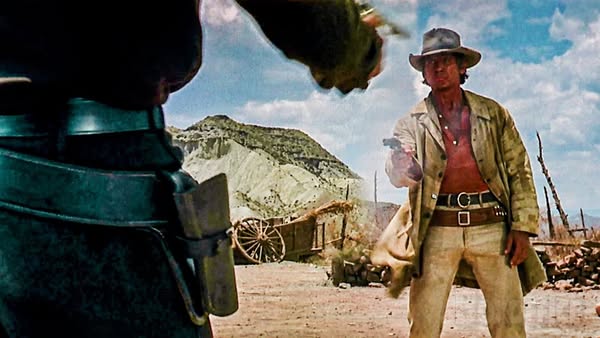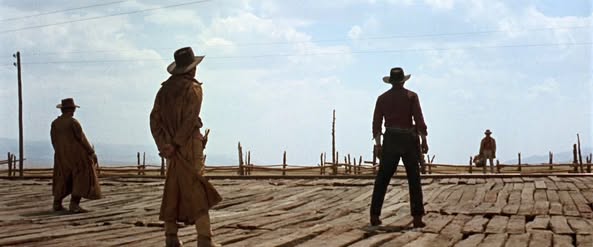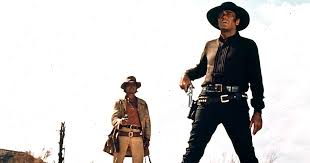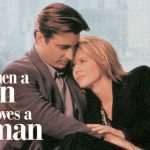Once Upon a Time in the West (1968)

Once Upon a Time in the West is a landmark film that redefined the Western genre, showcasing the masterful direction of Sergio Leone. Released in 1968, this film is often lauded for its intricate storytelling, stunning visuals, and a haunting score by Ennio Morricone, which together create an unforgettable cinematic experience.
Set against the sweeping landscapes of the American West, the film intertwines the lives of several characters caught in a web of revenge, greed, and the relentless march of progress. The narrative centers around Jill McBain, a strong-willed woman played by Claudia Cardinale, who arrives at her new home only to find that her husband has been murdered. She becomes embroiled in a conflict involving the ruthless land baron Frank (Henry Fonda) and the enigmatic gunslinger Harmonica (Charles Bronson), whose motives are shrouded in mystery.

The film’s pacing is deliberate, allowing tension to build gradually, with Leone’s signature use of long, lingering shots that draw viewers into the emotional depth of each character. The dialogue is sparse, yet every word carries weight, enhancing the film’s atmospheric tension. The characters are archetypal, yet they are imbued with complexity that challenges traditional notions of heroism and villainy.

Visually, Once Upon a Time in the West is a masterpiece, characterized by its sweeping cinematography that captures the stark beauty of the landscape. Leone’s use of wide shots juxtaposed with close-ups creates an intense emotional resonance, making each scene feel monumental. The film’s aesthetic is further enriched by Morricone’s score, which perfectly complements the narrative, enhancing both the dramatic and melancholic moments.

As a Western, it pays homage to the conventions of the genre while simultaneously subverting them. It is a meditation on the passing of an era, exploring themes of modernization, loss, and the shifting nature of power. The film reflects a world where the old ways are being replaced by a new order, and the characters must navigate these changes amidst the violence and chaos that ensue.
In conclusion, Once Upon a Time in the West stands as a towering achievement in cinema, blending stunning visuals, a haunting score, and a profound narrative. Its influence can be felt across genres, solidifying its place as a classic that continues to resonate with audiences, inviting them to reflect on the complexities of human nature and the passage of time.











